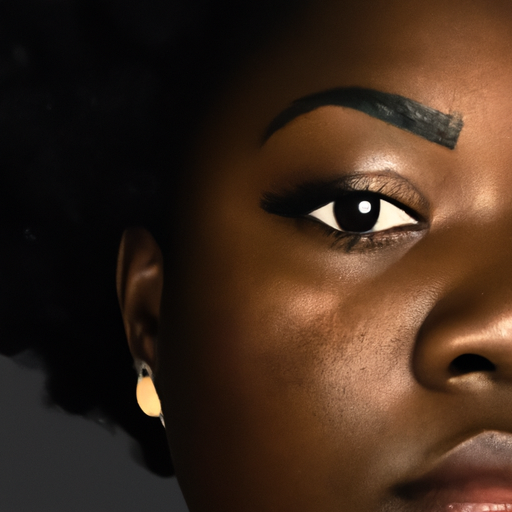Acne is a common skin condition that affects people of all ages, but it’s particularly prevalent among teenagers and young adults. As a doctor, I have encountered countless patients who are struggling with acne, and I understand the physical discomfort and emotional distress it can cause. This article aims to unmask acne, providing a comprehensive guide to its diagnosis and effective treatment strategies.
Acne is primarily caused by the overproduction of oil by the skin’s sebaceous glands, which can lead to blocked pores. These blocked pores can become inflamed and infected, leading to the formation of pimples, blackheads, and whiteheads. Other factors contributing to acne include hormonal changes, certain medications, diet, and stress.
Diagnosing acne is usually straightforward. A dermatologist or a general practitioner can typically identify acne based on a visual examination of the skin. However, in some cases, further tests may be required to rule out other skin conditions or to determine the severity of the acne. For instance, a skin biopsy may be performed, or blood tests may be ordered to check for hormonal imbalances.
Once diagnosed, the goal of acne treatment is to reduce symptoms, prevent new breakouts, and minimize scarring. The choice of treatment largely depends on the severity of the acne. Mild acne can often be managed with over-the-counter products containing ingredients like benzoyl peroxide or salicylic acid. These products work by reducing oil production and inflammation and promoting the shedding of skin cells.
For moderate to severe acne, prescription medications may be necessary. Topical retinoids are commonly used to treat acne. They work by promoting cell turnover and preventing the plugging of hair follicles. Antibiotics may also be prescribed to reduce bacteria and fight inflammation. In some cases, oral contraceptives are used to treat acne in women by regulating hormones.
For those with severe nodular or cystic acne that doesn’t respond to other treatments, a medication called isotretinoin may be recommended. This powerful drug works by shrinking the oil glands, thereby reducing the amount of oil production. However, it can have serious side effects and is typically used as a last resort.
In addition to these treatments, lifestyle changes can also help manage acne. Maintaining a healthy diet, getting regular exercise, and managing stress can all contribute to healthier skin. It’s also crucial to resist the urge to pick or squeeze pimples, as this can lead to scarring and further inflammation.
In conclusion, while acne can be a distressing condition, it’s important to remember that it’s treatable and often temporary. With the right diagnosis and treatment strategy, most people can effectively manage their acne and prevent long-term damage to their skin. If you’re struggling with acne, I encourage you to seek medical advice. A healthcare professional can provide you with a personalized treatment plan that’s tailored to your specific needs and skin type.



